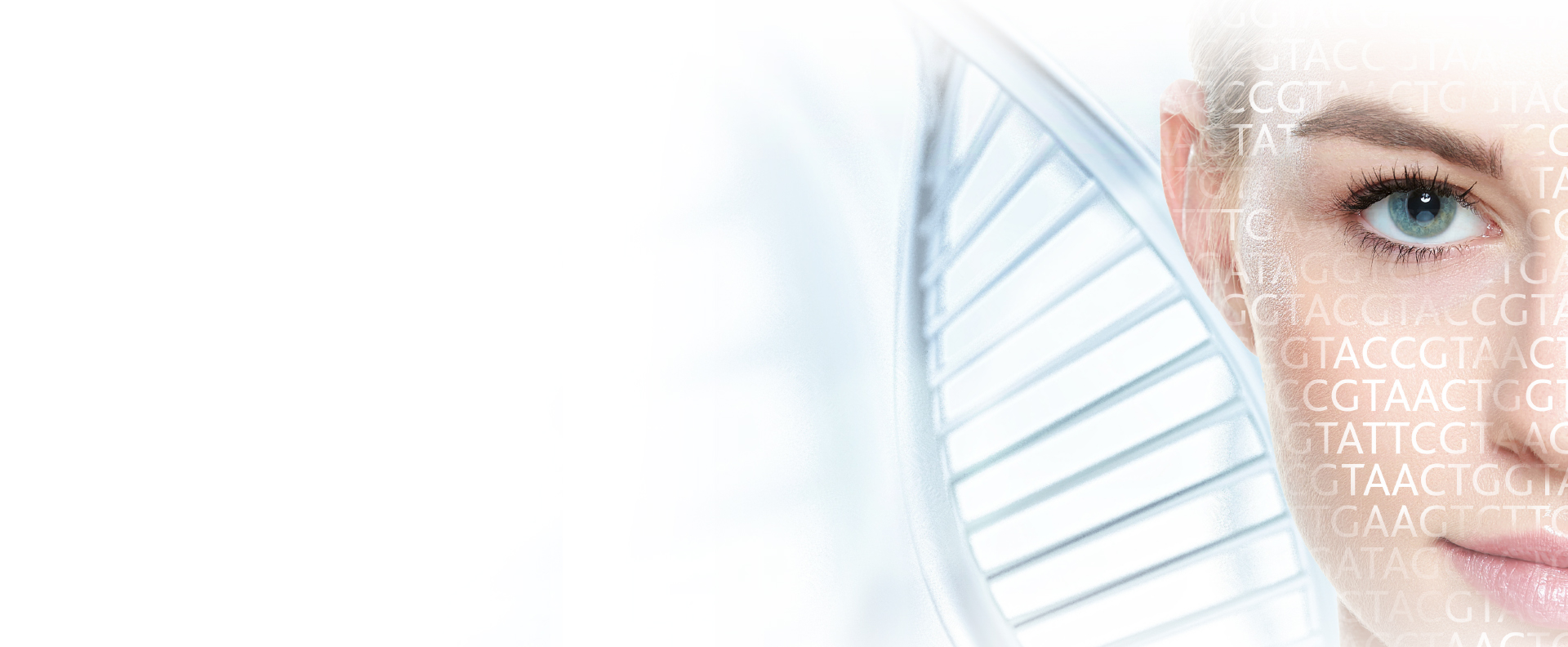IllnessHypoventilation syndrome, central; differential diagnosis
Summary
A curated panel containing 6 and altogether 11 genes for the comprehensive analysis of the genetically caused forms of central Hypoventilation syndrome
| Locus type | Count |
|---|---|
| Gen | 7 |
9,6 kb (Extended panel: incl. additional genes)
- EDTA-anticoagulated blood (3-5 ml)
NGS +
Loci
Informations about the disease
Congenital central hypoventilation syndrome (CCHS) is a disorder that affects normal breathing by hypoventilation, especially during sleep. Normally, the autonomic nervous system responds by stimulating breathing or waking. Patients are supported by mechanical ventilation or a diaphragmatic pacemaker, sometimes all day. CCHS symptoms usually become apparent shortly after birth, when affected infants hypoventilate and become cyanotic as they fall asleep. In addition to breathing problems, some affected infants have difficulty regulating heart rate and blood pressure in response to movement or changes in body position. They also have decreased pain sensation, low body temperature and occasional profuse sweating. Additional problems may affect the CNS, such as learning difficulties; 20% of patients have Morbus Hirschsprung. The combination of CCHS and M. Hirschsprung is called Haddad syndrome. People with CCHS are also at increased risk for developing neuroblastomas, ganglioneurodromes and ganglioneuroblastomas. In addition, people with CCHS usually have abnormalities of the eyes. In particular, children with CCHS, may have a characteristic short, broad, flattened face. Life expectancy and the extent of any intellectual disability depend on the severity of the disease expression, the timing of diagnosis and treatment success. CCHS is often caused by PHOX2B mutations, most commonly alanine codon expansions within a polyalanine-encoding tract of 20 codons. The disease is sometimes inherited in an autosomal dominant manner. Yet, >90% of these cases are due to various new mutations in the PHOX2B gene. Other mutant genes (MYO1H, RET, and others) are rarely involved. Since the DNA diagnostic yield is barely above 90%, the clinical diagnosis cannot be refuted by a negative DNA test result.
Reference: https://www.ncbi.nlm.nih.gov/books/NBK1427/
- Alias: Central congenital hypoventilation syndrome
- Alias: Congenital central alveolar hypoventilation syndrome
- Alias: Ondine Syndrom
- Allelic: Encephalopathy, neonatal severe (MECP2)
- Allelic: Haddad syndrome (ASCL1)
- Allelic: Hirschsprung disease, protection against (RET)
- Allelic: Hirschsprung disease, susceptibility to, 1 (RET)
- Allelic: Hirschsprung disease, susceptibility to, 3 (GDNF)
- Allelic: Hirschsprung disease, susceptibility to, 4 (EDN3)
- Allelic: Medullary thyroid carcinoma (RET)
- Allelic: Multiple endocrine neoplasia IIA (RET)
- Allelic: Multiple endocrine neoplasia IIB (RET)
- Allelic: Neuroblastoma with Hirschsprung disease (PHOX2B)
- Allelic: Neuroblastoma, susceptibility to, 2 (PHOX2B)
- Allelic: Pheochromocytoma (RET)
- Allelic: Pheochromocytoma, modifier of (GDNF)
- Allelic: Waardenburg syndrome, type 4B (EDN3)
- Autism susceptibility, XL3 (MECP2)
- Central hypoventilation syndrome, congenital (ASCL1, EDN3, GDNF, RET)
- Central hypoventilation syndrome, congenital, +/- Hirschsprung disease (PHOX2B_GCN)
- Central hypoventilation syndrome, congenital, 2, + autonomic dysfunction (MYO1H)
- Central hypoventilation syndrome, congenital, 3 (LBX1)
- Congenital myopathy 3 with rigid spine (SELENON)
- Hypotonia, hypoventilation, impaired ID, dysautonomia, epilepsy + eye abnormalities (P4HTM)
- Intellectual developmental disorder, XL syndromic 13 (MECP2)
- Intellectual developmental disorder, XL syndromic, Lubs type (MECP2)
- Neurodevelopmental disorder + neonatal respiratory insufficiency, hypotonia, feeding diff. (PURA)
- Restrictive respiratory syndrome, nocturnal hypoventilation (SELENON)
- Rett syndrome (MECP2)
- Rett syndrome, atypical (MECP2)
- Rett syndrome, preserved speech variant (MECP2)
- Undine-Syndrom
- AD
- AR
- XL
- Multiple OMIM-Ps
Bioinformatics and clinical interpretation
No text defined

